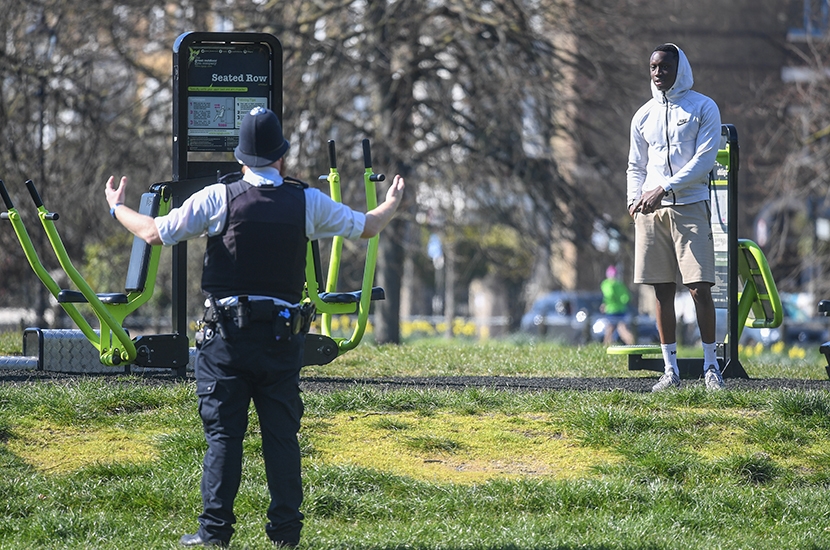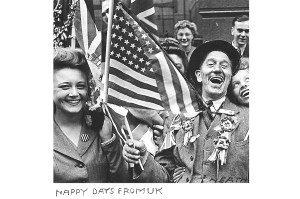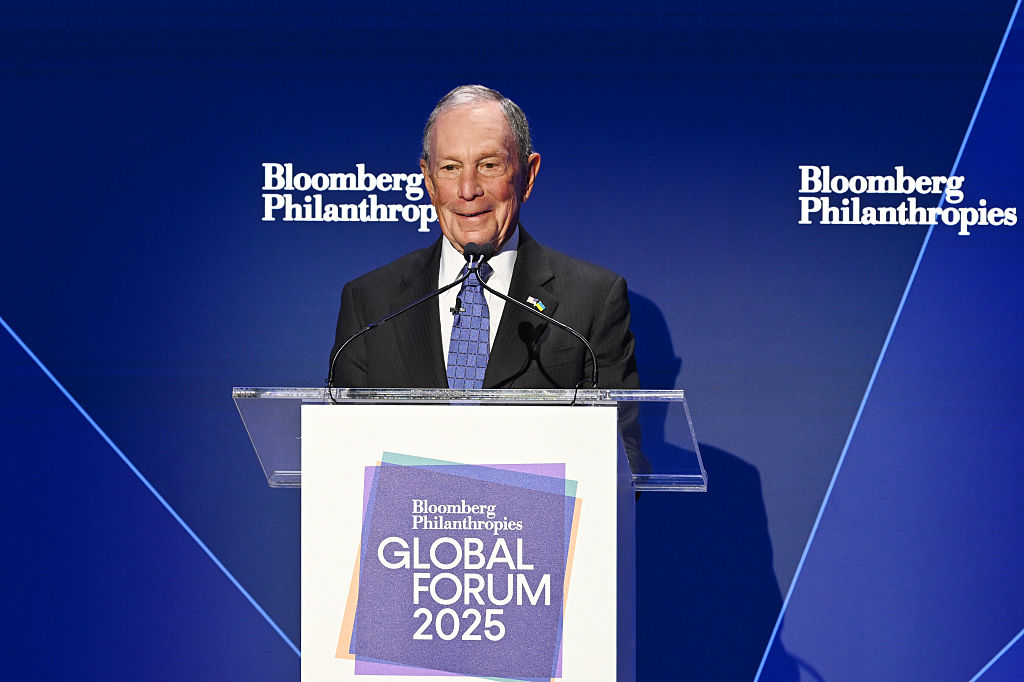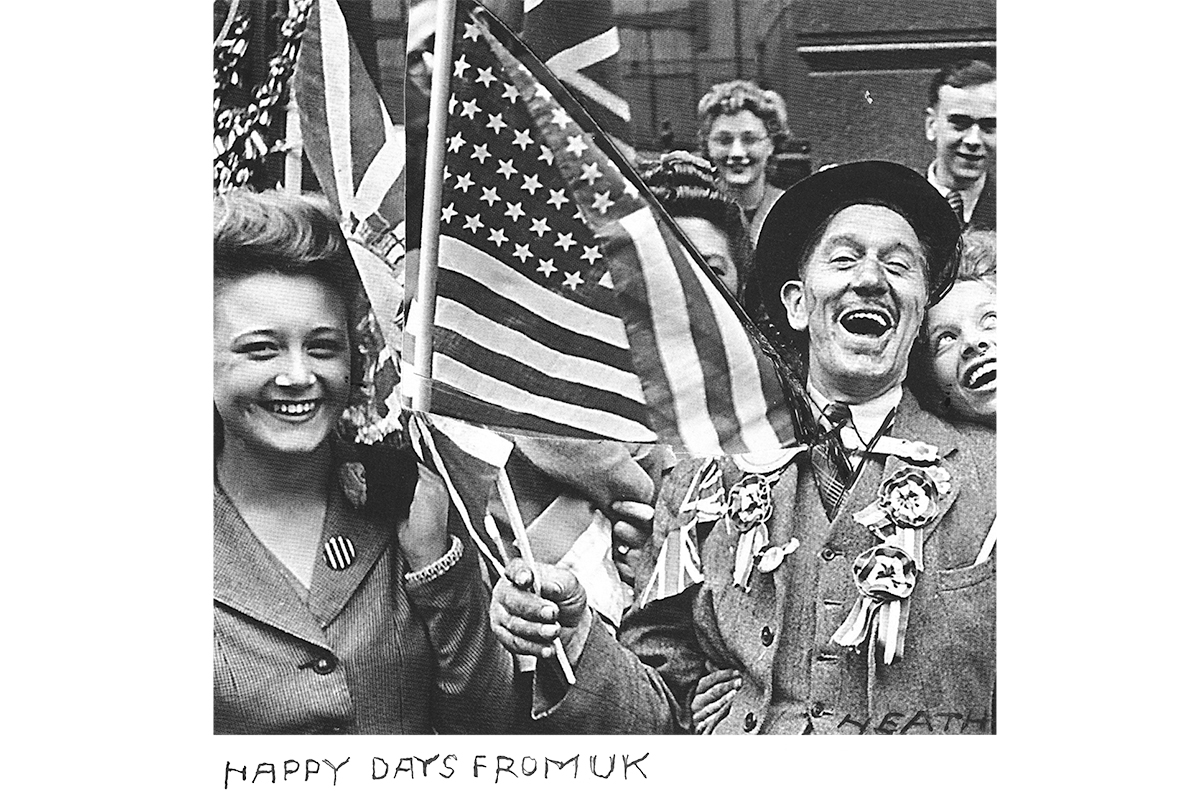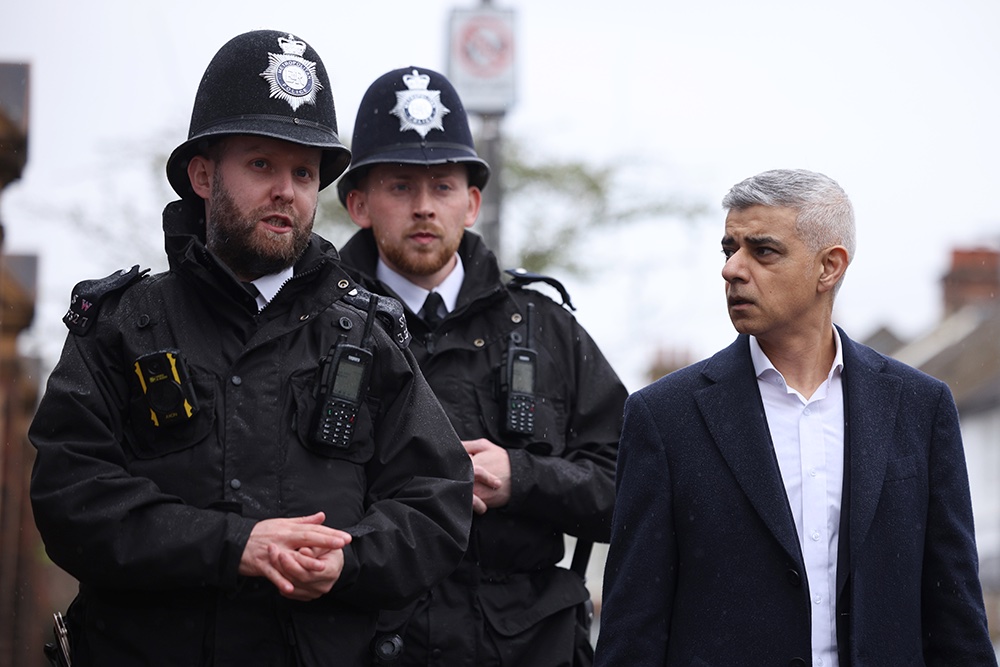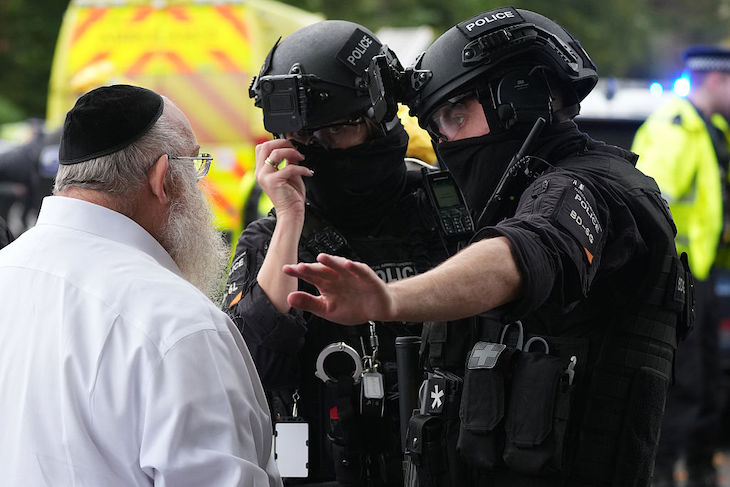Welcome, then, to a country in which the police send drones to humiliate people taking a walk and dried pasta has replaced the pound as the national currency. ‘Gimme that pappardelle, mofo.’ ‘Not until you prise it from my cold dead hands, punk.’ A week is a long time in politics, but also a long time in pestilence. And the next time someone uses the phrase ‘the new normal’, I may well break my social distancing regimen and chin him.
The lockdown has come as a great boon to the police, who seem to be enjoying it immensely, and indeed to Britain’s vibrant community of curtain-twitching, onanistic, meddlesome ratbags. Police forces up and down the country have been inundated with calls from these people dobbing in their neighbors for having taken the dog for a walk twice, or returning from the shops carrying only a packet of fags instead of the mandatory 12 tons of lavatory paper and a six-pack of canned tomatoes. There is a certain tranche of the population which yearns for its fellow citizens to be chastised, punished and, if possible, banged up.
The police, meanwhile, freed from the onerous duty of differentiating between criminals and the rest of us, have adopted a fairly gung-ho approach, tweeting their astonishment that people are out and about at all and encouraging the meddlesome ratbags to make more calls. In our rural areas, from the Highlands of Scotland down to Cornwall, residents — and the various authorities — are screeching that these are local areas for local people and everybody else must stay away. They do not wish to die of coronavirus in these parts. They would much prefer to die in the usual manner, from weird diseases occasioned by a greatly restricted gene pool. We shall remember their magnanimity towards the rest of us when we’re next allowed to take a holiday.
The skeptical right still thinks it’s all a load of bollocks and are increasingly insistent that the new measures have turned us into ‘East Germany’. I don’t think these people can ever have visited the DDR. I did. It is true that food was often hard to come by, even in East Berlin, and that it was a singularly joyless nation. But that aside, a few weeks sitting on the sofa guzzling packets of crisps (one of the really big lockdown sellers, apparently) does not equate to being shot in the back, imprisoned for stating an unorthodox political opinion, or being denied the right to travel where you want in perpetuity.
Indeed, the closest parallel to East Germany I can think of came in that rather Orwellian ‘Clap for Carers’ event which some are now suggesting should be repeated every week. Fine, but let’s also have a designated ‘Hate Hour’ where we can open our windows and boo people who went for a walk, huh? It seems to me that an awful lot of people are not averse to the vague whiff of authoritarianism, with the tyranny of choice taken out of our hands and plenty of miscreants around to denounce.
But still, the measures imposed by the British government seem to me moderate in the circumstances, and I suspect that the first beneficial effects are already being seen. Boris and co were, like the majority of western governments, rather slow to react to this crisis, reluctant to impinge upon our freedoms and averse to wrecking the economy. It is an interesting scientific experiment, comparing what happens here — and in Italy and France — with what happens in Sweden, where the schools and bars are all open and citizens encouraged to copulate with strangers in the street, or something. What will have been the most efficacious treatment? And efficacious for who?
The truth is we do not know. We don’t know and the experts don’t know. The epidemiologists are captured by their own paradigms and see only one small margin of what is a very large picture. Further, they change their tune with every day that passes. Fair enough — that is how science works. It is not pristine — it is practiced by fallible humans, however admirable its methodologies. And science is never, ever, certain — something new always comes along, so we should always have our doubts.
But by the same token I would rather put my trust in the prognostications of Professor Chris Whitty et al than in the pompous meanderings of a glorified lawyer, Jonathan Sumption, who is arguing that the ‘cure’ for this pandemic may be worse than the disease. If the epidemiologists see only a small sliver of the bigger picture, Sumption — and I for that matter — can see only the occasional pixel. To my mind the government seems to be navigating reasonably well between the imperative demanded by the scientists — who have skin in the game — and the rest of us, who also have skin in the game.
Meanwhile, there was a hare in my garden on Monday. That hasn’t happened before. There was also a stoat doing that curiously hobbled lolloping alongside my old vegetable patch — I last saw a stoat in this garden in the week we moved in, when the house had been unoccupied for months. Out in the forest on walks with the dog — I do two a day, so send in that drone, copper — the wildlife, especially deer, is unusually fecund and confiding. When humankind retreats, it does not take very long for the wildlife to move back in, as was seen during the foot and mouth crisis at the start of the century and, more spectacularly, in the aftermath of Chernobyl. I find this immensely consoling. It is almost as if they are waiting for us to go — which one day we undoubtedly will. There’s also a cock pheasant which comes up and taps furiously at my glass patio door. It does this because it thinks it can see another cock pheasant — its reflection in the window. It reminds me of the meddlesome ratbags.
This article was originally published in The Spectator’s UK magazine. Subscribe to the US edition here.



